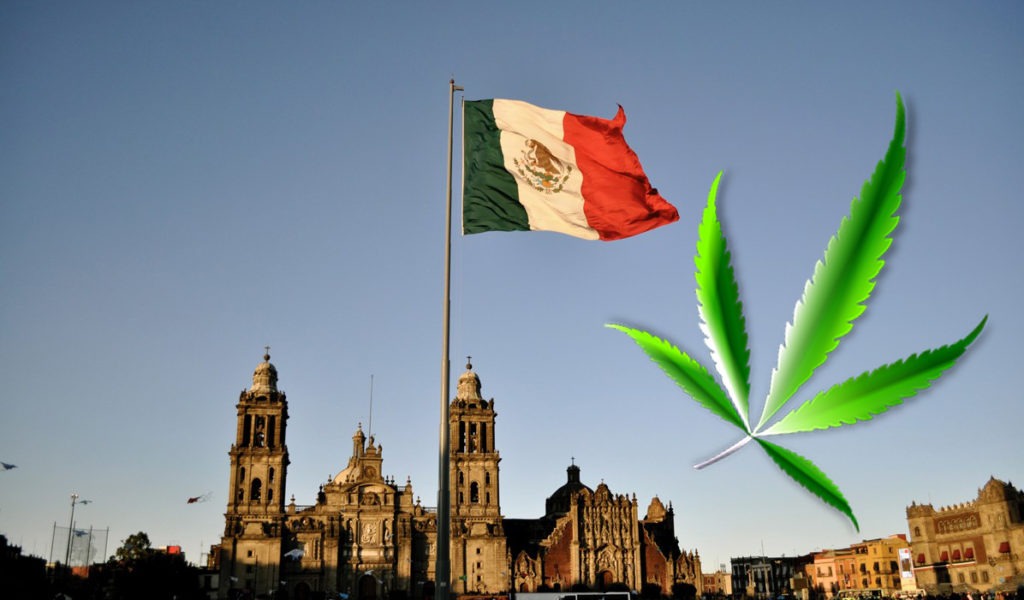Mexico’s Supreme Court Legalizes Cannabis
BY ACM STAFF
According to the Mazatlan Post reporting on an article in Heraldo de Mexico, Mexico’s top court has issued instructions to all judges to permit “amparos” or legal protections for all persons wishing to use cannabis, even recreationally, starting Feb 22nd. Following the publishing of the ruling by the court in the Judicial Weekly of the Federation, all Mexican federal judges will be required to grant protections for Mexicans who wish “to freely plant, harvest, transport and smoke, without commercial purposes and without affecting third parties.” Once the ruling is published, the Mexican Congress of the Union will have 90 days to amend five provisions the country’s General Health Law that prohibit personal cannabis possession and cultivation.
In explaining their ruling the court wrote: “This first chamber understands that the fundamental right to the free development of the personality allows, prima facie, that people of legal age decide without interference what type of recreational or recreational activities they wish to carry out, as well as carry out all the necessary actions or activities to be able to materialize said election. This First Chamber concludes that the prohibition contained in articles 235, last paragraph, 237, 245, section I, 247, last paragraph, and 248 of the General Health Law, effectively constitute a legal obstacle that prevents the exercise of Right to decide what kind of recreational or recreational activities you want to perform.”
The decision is the result of high court ruling on five individual cases over the past several years. The ruling comes in part thanks to the work of activists of an organization called the Mexican Society of Responsible Self-Consumption. Sara Znapp, co-founder of the RIA Institute (Mexico) and a member of the Collective Drug, Policy and Culture, was one of the litigants who helped challenge the law. He is pressing the government to act swiftly. “We have requested a working group, where we could create a counterpoint of civil society and the health and safety committee in the Senate (…) we are getting closer. What we have heard is that it will happen, there is political will, but it has been difficult” he said.
But in the meantime, Mexico’s citizens are encouraged to be cautious until the Congress has officially changed the laws. The court included the warning that “case law does not bind any other authority than those of the judiciary, so neither the police, nor COFEPRIS, nor the Ministry of Health are obliged to recognize this right until the amparo is delivered.”


